/topics/contamination-pollution-and-quality
Contamination, Pollution and Quality
Sustainable groundwater management – Report of the Working Group of the Planning Commission for the 12th Five Year Plan
Posted on 06 Jan, 2012 04:27 PMThe existing methodology of groundwater resources assessment is appropriate and suitable for country-wide groundwater resources estimation, considering the present status of database available with the Central and State agencies.
Living rivers, dying rivers: Bagmati river in Nepal
Posted on 05 Jan, 2012 06:07 PMBagmati river in Kathmandu: From holy river to unthinkable flowing filth
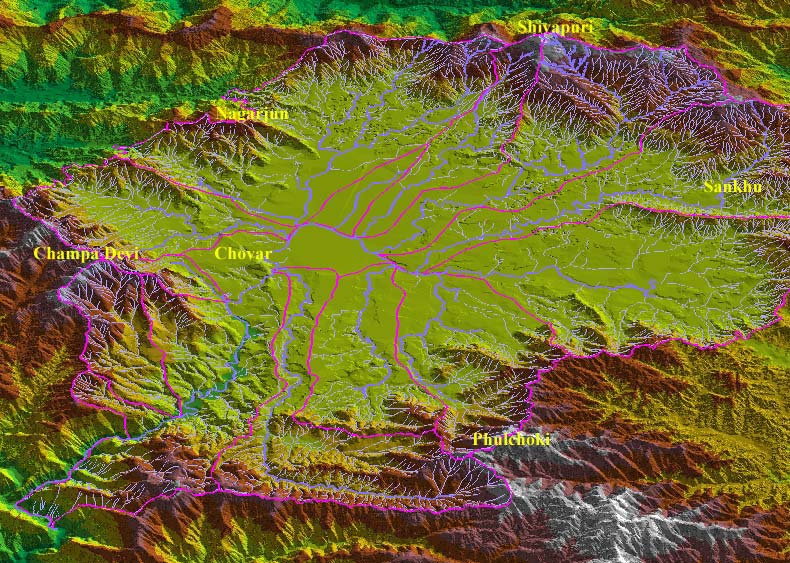
Ajaya Dixit initiated his presentation with a general account of how rivers shape the landscape and how riverine ecosystems have nurtured society and kept civilisations vibrant, cultured and creative. Dixit went on to discuss the basin characteristics of the Bagmati, a tributary of the Kosi that rises in the Shivapuri hills, north of the Kathmandu valley. Around fifteen percent of the basin area (3700 sqkm) lies in Nepal, while the remaining is in India. The average annual rainfall in the basin is 1400 mm and is more than 2000 mm in the hills. Bagmati is a seasonal river with rainfall and springs as its main source. Its mean flow is 15.6 cubic metre/second and low flow is 0.15 cubic metre/second in April.
Kathmandu lies in the Upper Bagmati basin and studies suggest that an ancient lake called the Paleo-Kathmandu lay within the Kathmandu valley as a lacustrine formation. Early settlers lived in lower slopes and used springs and river in the upper reaches. When they moved to the valley floor, they built dongia dharas, which are stone water spouts fed by the unconfined aquifers and delivered water through surface channels. Even today, dongia dharas dated back to 1500 years exist. The state built canals (raj kulo) tapped the upper stretches of the rivers close to the mountains. Rivers and irrigation helped recharge aquifers and ponds.
However, rising urbanisation has damaged these ancient artifacts. Over the last sixty years Kathmandu has expanded massively and its population has increased from 0.41 million in 1951 to 2.6 million in 2011. The city has a huge transient population aside from this, reducing it to a concrete nightmare. Seismologists suggest that Kathmandu is a rubble city in the making. Though the Bagmati river flow has not changed significantly in the last seventy years, the character of the river has been transformed significantly during the period 1970 to 1990. The river has been canalised while the dumping of the city’s garbage into it continues. Dixit identified a plethora of problems faced by the river such as upstream water diversion for drinking water needs, disposal of untreated liquid waste, disposal of solid waste, river jacketing for roads and commercial activities, sand mining and physical encroachment.
The state of the river is an outcome of the current approach to waste management particularly liquid waste management. Three types of waste water namely yellow water flux, grey water and yellow black flux are being generated and flowing water is being used as a vehicle to dispose these. The idea of a water based disposal system e.g. flush toilet embedded in Victorian engineering has led to a technological lock-in with the result that the notion of a natural hydrological cycle has undergone a fundamental transformation.
All the same, the bulk of the load in the river is biological though there are some factories releasing effluents. In the last 20 years some of them have been closed or relocated and the river now stands a chance of being salvaged.

SWSM invites applications for State Consultant – Water Quality, Ranchi, Jharkhand – Apply by January 5, 2012
Posted on 05 Jan, 2012 08:59 AMContent courtesy: DevNetJobsIndia

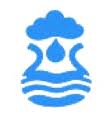
Description:
The flagship programmes of Government of India, Total Sanitation Campaign (TSC) and National Rural Drinking Water Programme (NRDWP) are being implemented by the State Water and Sanitation Mission (SWSM) Jharkhand, Government of Jharkhand. The NRDWP guideline makes provision for a state level Water and Sanitation Support Organisation for taking up various support activities under the drinking water and sanitation sector. In Jharkhand the state level Programme Management Unit, which is registered as a society has been working on planning, monitoring and support in programme implementation. The State Water and Sanitation Mission, Jharkhand wishes to recruit a State Co-ordinator (Water Quality).
Performance audit of water pollution in India – A report by the Comptroller and Auditor General of India
Posted on 03 Jan, 2012 11:44 AM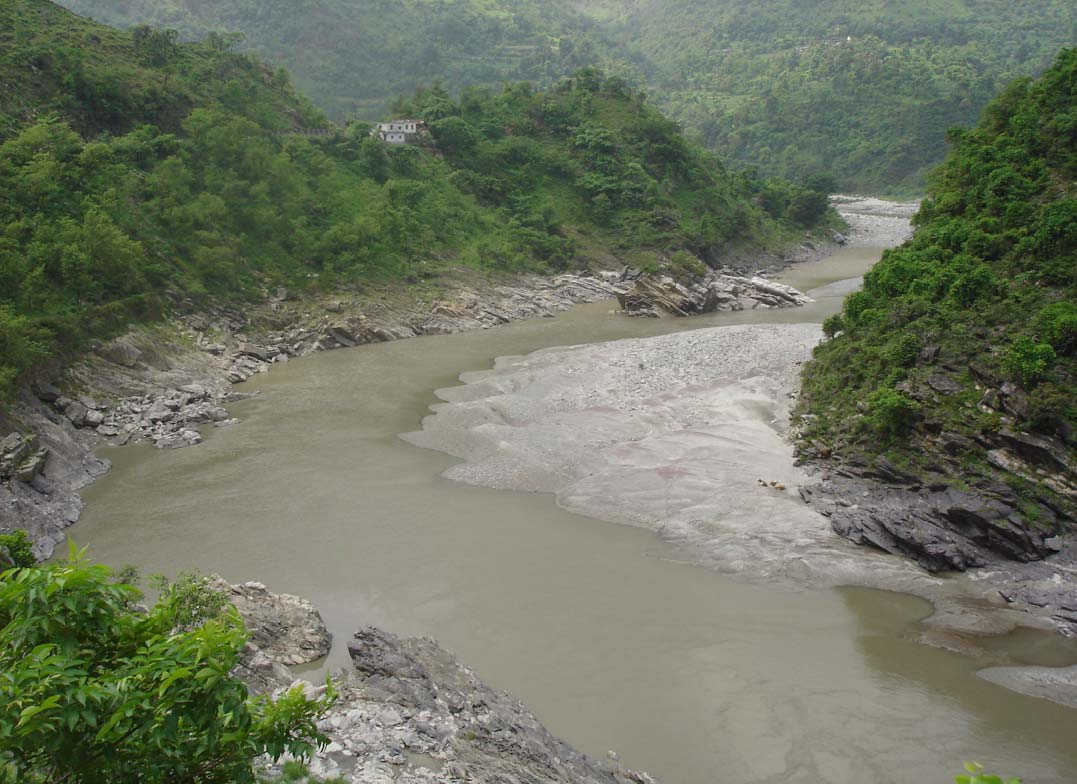 The issue was examined by CAG because various stakeholders working in the field of environment flagged water pollution as the most important environmental issue that concerns us.
The issue was examined by CAG because various stakeholders working in the field of environment flagged water pollution as the most important environmental issue that concerns us.
The audit was conducted through document analysis, collection of responses to questionnaires, physical collection and testing of samples. The results of audit, both at the Central level and the State level, were taken into account for arriving at audit conclusions.
First international advocacy planning meeting for water and sanitation activists'- 'WASH News and policy update
Posted on 30 Dec, 2011 12:31 PMContent courtesy: India WASH Forum
Design, operation and maintenance of sewage treatment plants - A guide by the Karnataka State Pollution Control Board
Posted on 29 Dec, 2011 03:01 PMThis guidebook published by the Karnataka State Pollution Control Board takes the reader through various units, operations and processes in a typical Extended Aeration Biological treatment plant, the Workhorse of the industry.
Investigation and assessment report: Arsenic in drinking water sources and related problems of Ballia district of Uttar Pradesh
Posted on 28 Dec, 2011 11:03 AMFollowing media reports about arsenic contamination in Ballia, and a complaint addressed by the people of Ballia to the Ministry of Rural Development, a National Level Monitor was requested to enquire into the issue of water quality.
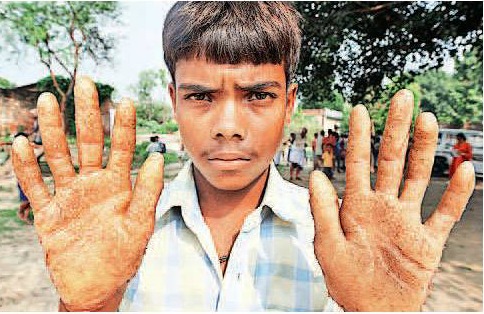
Confessions of an OD boy: The need to achieve a sustainable open defacation free intervention
Posted on 24 Dec, 2011 07:58 PMAuthor: Mohanasundar Radhakrishnan
Yamuna-Elbe - A public art and outreach project at the Yamuna riverscape in Delhi launched on 5 November, 2011
Posted on 18 Dec, 2011 02:02 PMGuest post by: Amita Bhaduri
The public art outreach project was organized by the Max Mueller Bhavan in association with the Government of Delhi and the Goethe-Institut (Hamburg, Germany) as a part of the “Year of Germany in India” programme opened on 5th of November, 2011. The art exhibition which continued till the 19th of November co-curated by artist Ravi Agarwal who is also a practicing environmentalist (Director, Toxics Link) along with German artist, Till Krauser attempted to create a pulsating synergy between the Yamuna and Elbe rivers.
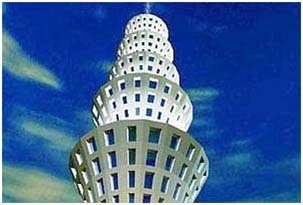 Gigi Scaria’s - The fountain of purification
Gigi Scaria’s - The fountain of purification
Photo courtesy: Rocky Thongam
This is a 24 ft installation representing a four storey apartment complex that draws Yamuna water, purifies it at various levels and dispenses it from the top in the form of a fountain.
Safe water dissemination workshop, PATH, January 19-20, 2012, New Delhi
Posted on 16 Dec, 2011 08:40 AMOrganizers: PATH
Venue: India Habitat Centre, Lodhi Road, New Delhi
January 19th – Silver Oak Room; January 20th – Magnolia Hall
Social Media Partner: India Water Portal





